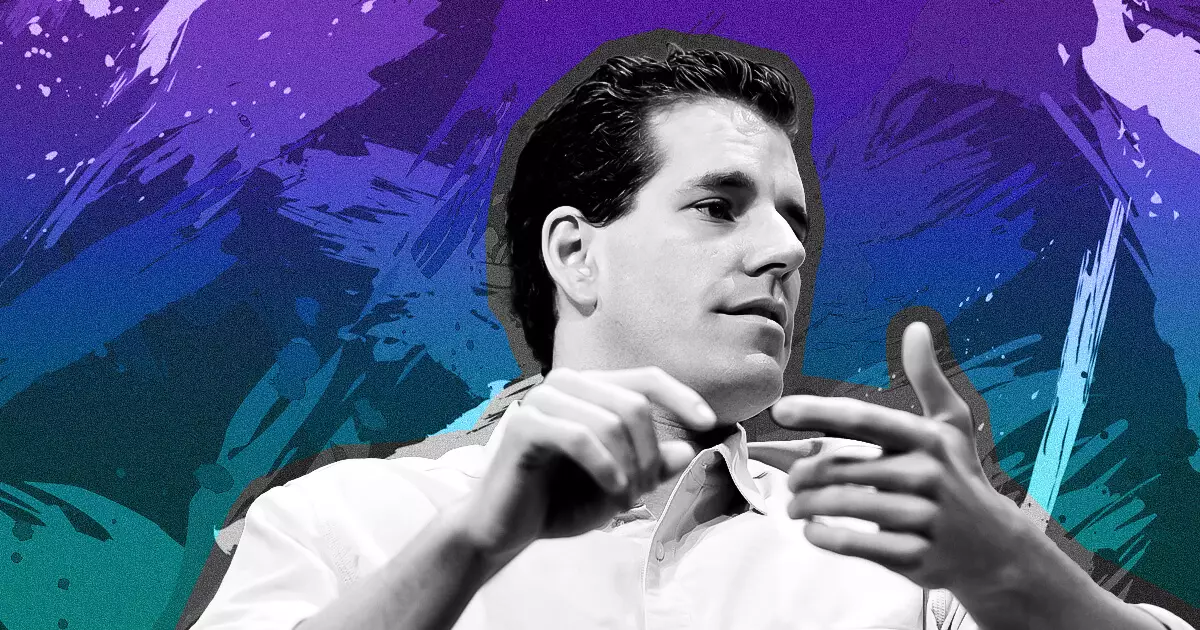Crypto exchange Gemini co-founder Tyler Winklevoss’ recent comments regarding the “reset” of Vice President Kamala Harris’ stance on cryptocurrencies have stirred up quite a controversy in the industry. Winklevoss labeled Harris’ actions as a “scam” in a post on Friday, accusing the Federal Reserve of tightening its grip on the crypto sector. While his concerns are valid, his approach to addressing them comes off as overly critical and lacking a pragmatic solution.
The Federal Reserve’s Crackdown
The recent enforcement action issued by the Federal Reserve against Customers Bank, a crypto-friendly bank, has raised eyebrows in the crypto community. The requirement for Customers Bank to provide a written notice to the Federal Reserve before establishing new banking relationships with crypto firms has been perceived as a potential bottleneck in the system. Winklevoss’ assertion that this move creates a choke point is not unfounded, but his characterization of the situation as a “scam” may be an oversimplification.
Winklevoss’ argument that banks should have the autonomy to decide whom they serve is a valid point. Decentralizing the decision-making process across the banking industry would ensure a more democratic approach to regulatory compliance. However, his assertion that the Federal Reserve’s actions centralize this decision-making process may be an exaggeration. It is important to strike a balance between regulatory oversight and individual autonomy to prevent potential abuses of power.
The accusations leveled against Customers Bank regarding deficiencies in risk management practices and compliance with anti-money laundering laws are serious concerns that warrant attention. Winklevoss’ dismissal of these allegations as “non-allegation allegations” may undermine the importance of regulatory compliance in the crypto sector. While it is essential to scrutinize the basis for such allegations, it is equally important to address any legitimate issues that may exist.
The Hidden Agenda
Winklevoss’ assertion that the Federal Reserve has a hidden agenda behind its enforcement actions raises valid questions about the motives driving regulatory crackdowns. The concern that the Federal Reserve aims to gain control over Customers Bank’s decision-making process for ulterior purposes is a serious allegation that warrants further investigation. However, it is crucial to approach these claims with a critical eye and substantiate them with concrete evidence to avoid speculative assumptions.
The Road Ahead
While Winklevoss’ warnings about potential future regulatory actions under a Harris administration are valid, it is imperative to approach these scenarios with a sense of pragmatism and constructive dialogue. A collaborative approach between industry stakeholders, regulators, and policymakers is essential to navigate the complex landscape of crypto regulations effectively. By working together towards common goals, we can ensure a more transparent and inclusive regulatory framework that fosters innovation and growth in the crypto sector.

